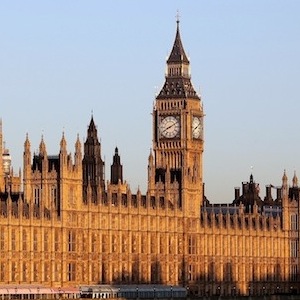Peers: The UK must do more to address legacy of Commonwealth anti-gay laws

Members of the House of Lords have urged the government to take a stronger line against the vast number of British colonial-era laws criminalising homosexuality that remain in force around the world.
The Lords today held a debate on global LGBT rights, amid a worsening situation for LGBT people across many parts of the world.
Many raised the question of British colonial legacy – with archaic penal codes and laws criminalising gay sex still in effect across the vast majority of the Commonwealth.
Lib Dem peer Lord Scriven, who wrote for PinkNews earlier today, told the Lords chamber: “Out of the 53 countries of the Commonwealth, where we should have much more influence on this issue than we do, 42 criminalise same-sex relationships.
“Two in particular—Brunei and a state in northern Nigeria—have the death penalty for same-sex relationships.
“What pressure are we putting on Nigeria and Brunei, and other countries outside the Commonwealth, that have the death penalty? That death penalty is for one thing—loving the person whom you naturally love. What action will be taken against those countries?”
Lord Fowler, Thatcher’s former Health Minister, said: “75 countries around the world have criminal laws against homosexuality. Forty out of the 53 members of the Commonwealth criminalise same-sex relationships; 90% of Commonwealth citizens live under such a law.
“[Progress in the UK] gives us an opportunity to try to change the climate of opinion, here and overseas. It gives us that opportunity because we are often blamed for introducing the anti-gay laws in the first place, apparently without anyone understanding that the position here has radically changed.”
Lord Smith of Finsbury – who was Labour’s first openly gay British MP before elevation to the Lords, said: “40 of its 53 countries discriminate in legislation against homosexuality… [and in a] peculiar kind of way we are responsible for that.
“These are frequently relics of colonial laws that were imposed by Britain. There is an ultimate perversity in all this because many Commonwealth countries claim that homosexuality and liberal attitudes to it are a colonial imposition on them, whereas in fact it is the laws discriminating against homosexuality that are the colonial imposition.
“We have something of a special responsibility to make our voice heard around the world on this issue.”
Lib Dem peer Baroness Barker also raised Commonwealth issues – suggesting that LGBT issues are put on the table ahead of November’s Commonwealth Heads of Government Meeting in Malta.

